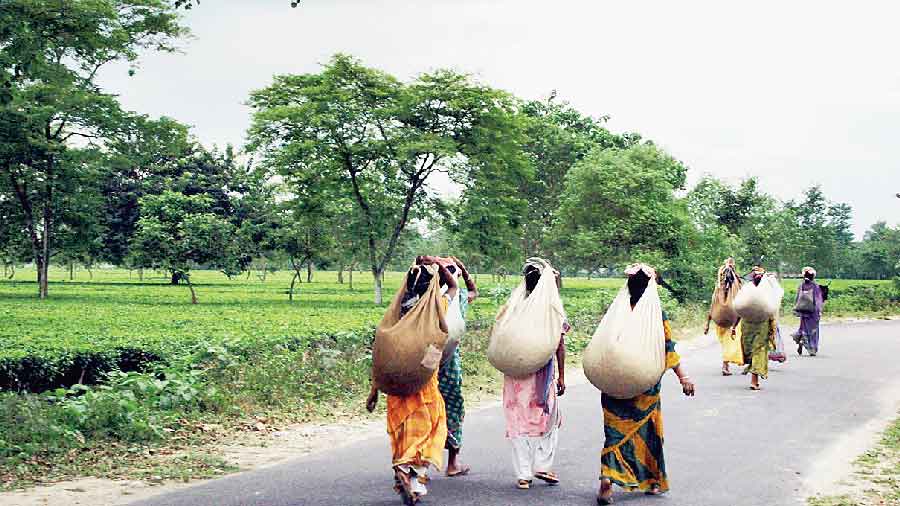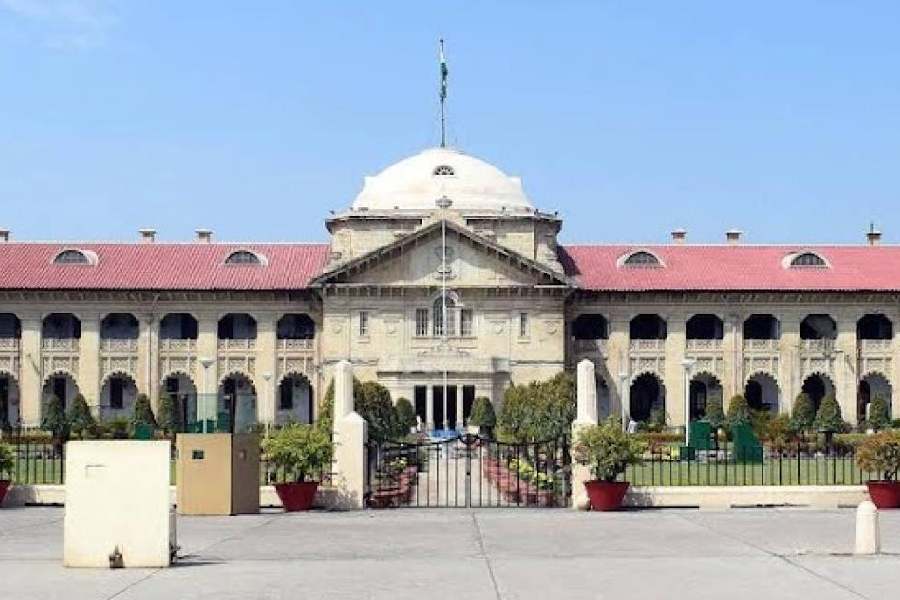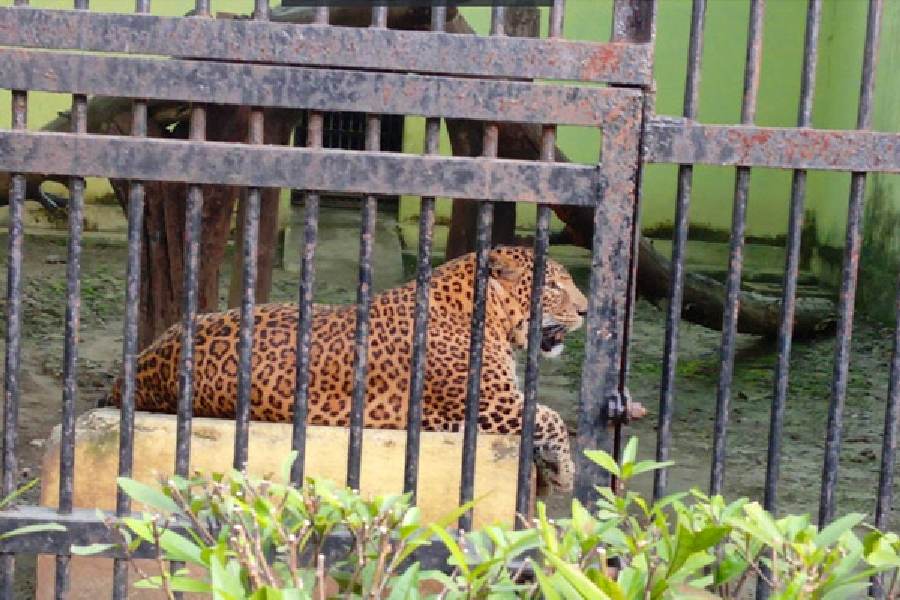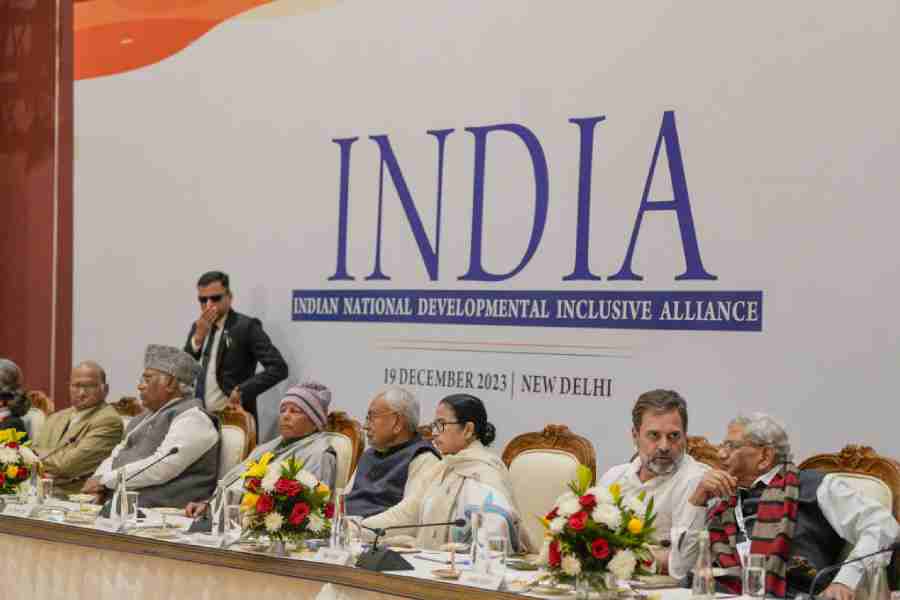The annual bonus for tea garden workers and employees in the plains of north Bengal was on Friday fixed at 20 per cent for the third consecutive year. The agreement was reached on at a virtual meeting between the representatives of tea planters and trade unions. “Based on discussions, it has been decided that bonus will be paid at 20 per cent this year.
Despite certain financial constraints, the tea companies agreed to pay the bonus at this rate. The amounts will be disbursed among workers by September 22,” said Prabir Bhattacharjee, secretary general, Tea Association of India.
This is for the third year in a row that bonus for tea garden workers and employees in the Dooars and the Terai has been fixed at 20 per cent. For the workers, the bonus is the 20 per cent of their annual pay. The current daily wage of the worker is Rs 232.
However, for the employees, the bonus amount is fixed in a different way. Since the employees don’t have a uniform salary, a mutually agreed amount is fixed as the monthly base pay to decide on the bonus. This year, Rs 16,000 is fixed as the monthly pay, based on which the annual bonus is reached on. Last year, Rs 15,500 was fixed as the base monthly pay to arrive at the bonus amount.
The first round of the bipartite talks to determine the bonus had been held virtually on August 30. At that meeting, the trade unions had insisted that the minimum bonus rate be 20 per cent. The tea planters, however, flagged certain issues like the rise in the cost of production to oppose the demand for the bonus at 20 per cent.
“Eventually, the tea associations agreed to pay bonus at the rate that we had demanded. We hope all tea estates will disburse the bonus among workers and employees before a stipulated date,” said Alok Chakraborty, a senior trade union leader and the chairman of Darjeeling (plains) district Trinamul committee.
The bonus rate is yet to be finalised for workers and employees in the tea gardens of the Darjeeling hills. Altogether, around three lakh workers serve in the organised tea sector of north Bengal. Added to them are workers in small tea plantations and at bought-leaf factories.











